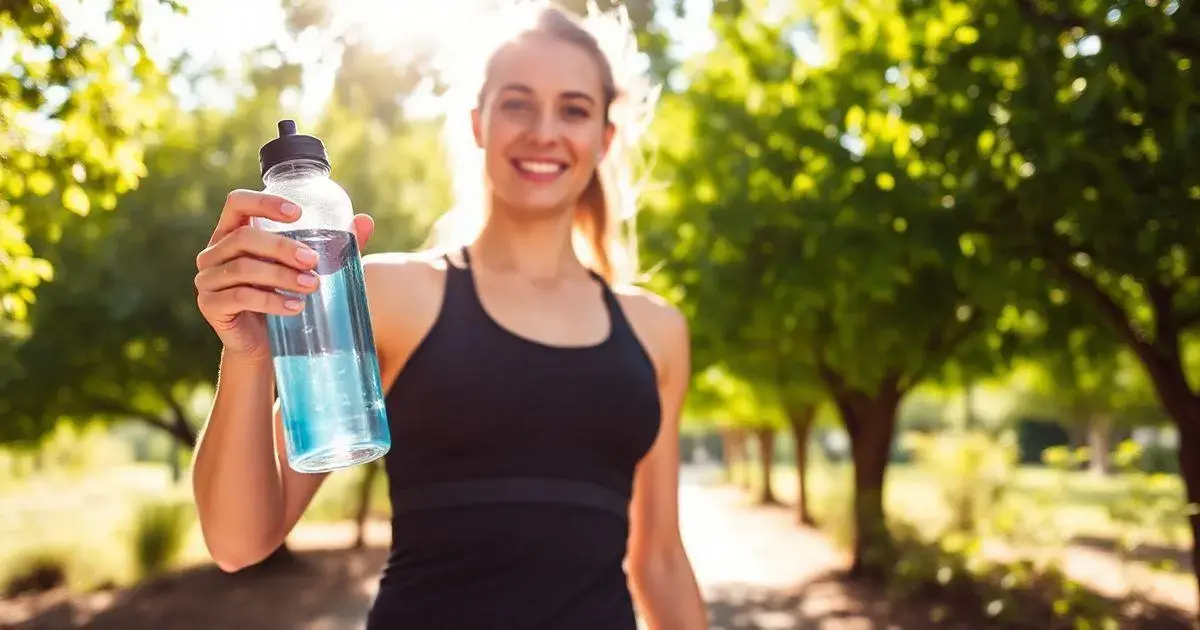Are Good Plastic Water Bottles Safe for Daily Use?
Plastic water bottles are a convenient way to stay hydrated on the go, but concerns about their safety have many questioning if they are a wise choice for daily use. In this article, we delve into the facts and myths surrounding the safety of plastic water bottles to help you make an informed decision about your daily hydration habits.

The Truth About Plastic Water Bottle Safety
Understanding Plastic Water Bottle Safety
Plastic water bottles are a convenient way to stay hydrated on the go, but there are concerns about their safety. The type of plastic used in water bottles can impact safety, with some plastics containing chemicals that may leach into the water. Understanding the different types of plastics and their safety ratings is crucial for making informed choices when selecting water bottles.
Step 1: Know Your Plastics
PET or PETE (polyethylene terephthalate) bottles are commonly used for water and soft drinks. They are generally considered safe for single use. HDPE (high-density polyethylene) bottles are another safe option, often used for milk jugs and detergent bottles. Avoid plastics labeled with recycling codes 3 (PVC), 6 (PS), or 7 (PC), as they may contain harmful chemicals.
Step 2: Check for BPA-Free Labels
BPA, a chemical found in some plastics, has been linked to health issues. When choosing plastic water bottles, look for ones labeled as BPA-free to reduce potential health risks. BPA-free bottles are typically made from safer materials such as Tritan or polypropylene.
Step 3: Avoid Reusing Single-Use Bottles
While it may be tempting to refill single-use plastic water bottles, this can lead to the breakdown of the plastic and the release of harmful chemicals. Opt for durable, reusable plastic water bottles specifically designed for multiple uses to minimize potential health risks.
Step 4: Consider Alternative Materials
If you’re concerned about plastic safety, consider alternative materials like stainless steel, glass, or silicone for water bottles. These materials are non-reactive and are generally considered safe for daily use. Find a water bottle that suits your lifestyle and safety preferences.
Step 5: Proper Care and Maintenance
To ensure the safety of your plastic water bottles, wash them regularly with warm, soapy water and allow them to air dry completely. Avoid exposing plastic bottles to extreme temperatures or prolonged sunlight, as this can accelerate the breakdown of the plastic and lead to chemical leaching.

The Advantages of Using Good Plastic Water Bottles
When it comes to staying hydrated on the go, having a good plastic water bottle can offer numerous benefits. Good plastic water bottles are not only convenient but also eco-friendly and cost-effective.
One of the key advantages of using good plastic water bottles is their durability. High-quality plastic bottles are designed to last, reducing the need for frequent replacements and minimizing waste.
In addition to durability, good plastic water bottles are also lightweight and portable, making them ideal for carrying with you wherever you go. Whether you are heading to the gym, office, or on a hike, a reliable plastic water bottle can be a trustworthy companion.
Furthermore, good plastic water bottles are usually easy to clean and maintain. With proper care, these bottles can be reused multiple times, reducing the environmental impact of single-use plastic bottles.
Overall, opting for a good plastic water bottle is a sustainable choice that can benefit both you and the environment in the long run.
Key Features to Look for in Quality Plastic Water Bottles
When choosing a plastic water bottle, several key features can enhance your hydration experience. Understanding these features can help you make an informed decision and select a bottle that meets your needs.
One essential feature to look for in quality plastic water bottles is leak-proof design. A well-designed cap and sealing mechanism can prevent leaks and spills, ensuring that your bag or belongings stay dry.
Another important feature is insulation. Insulated plastic water bottles can keep your drinks cold or hot for extended periods, allowing you to enjoy refreshing beverages even on the hottest days.
Furthermore, consider the capacity of the bottle. Whether you prefer a compact 16 oz bottle for short outings or a larger 32 oz bottle for all-day hydration, choosing the right size can enhance your convenience.
Ergonomic design and ease of cleaning are also crucial features to consider. A comfortable grip and dishwasher-safe materials can make using and maintaining your plastic water bottle a breeze.
By paying attention to these key features, you can select a quality plastic water bottle that suits your lifestyle and hydration preferences.
Understanding the Environmental Impact of Good Plastic Water Bottles
Contrary to popular belief, not all plastic water bottles have a negative environmental impact. Good plastic water bottles, when used responsibly, can be a sustainable choice that minimizes waste and reduces carbon footprint.
Many quality plastic water bottles are made from BPA-free materials, ensuring that they are safe for both you and the environment. By choosing BPA-free bottles, you can avoid harmful chemicals leaching into your drinks and contributing to environmental pollution.
Additionally, opting for reusable plastic water bottles decreases the demand for single-use plastic bottles, which are a major source of plastic pollution globally. By refilling and reusing your bottle, you can help reduce plastic waste and protect marine life and ecosystems.
Moreover, some plastic water bottles are recyclable, further reducing their environmental impact. When it’s time to replace your bottle, make sure to dispose of it properly in recycling bins to promote sustainable practices.
By understanding the environmental advantages of good plastic water bottles, you can make conscious choices that benefit both your health and the planet.
Conclusion
In summary, choosing safe and quality plastic water bottles is essential for maintaining your health and ensuring environmental sustainability. By familiarizing yourself with various types of plastics and their safety ratings, you can make informed decisions that mitigate health risks associated with chemical leaching. Remember to look for BPA-free labels and consider alternative materials if safety is a concern, as they often provide safer options for hydration.
Additionally, understanding the advantages of using good plastic water bottles can enhance your hydration experience while being eco-conscious. Durable, lightweight, and easy-to-clean bottles can significantly reduce waste and promote responsible usage. By opting for reusable options and practicing proper care and maintenance, you contribute to a healthier environment and decrease the reliance on single-use plastics.
Ultimately, being mindful of the key features—such as leak-proof design, insulation, and ergonomic shapes—can lead you to the perfect bottle that fits your lifestyle. With this knowledge, you can confidently choose a plastic water bottle that not only meets your hydration needs but also aligns with your values for health and sustainability.
